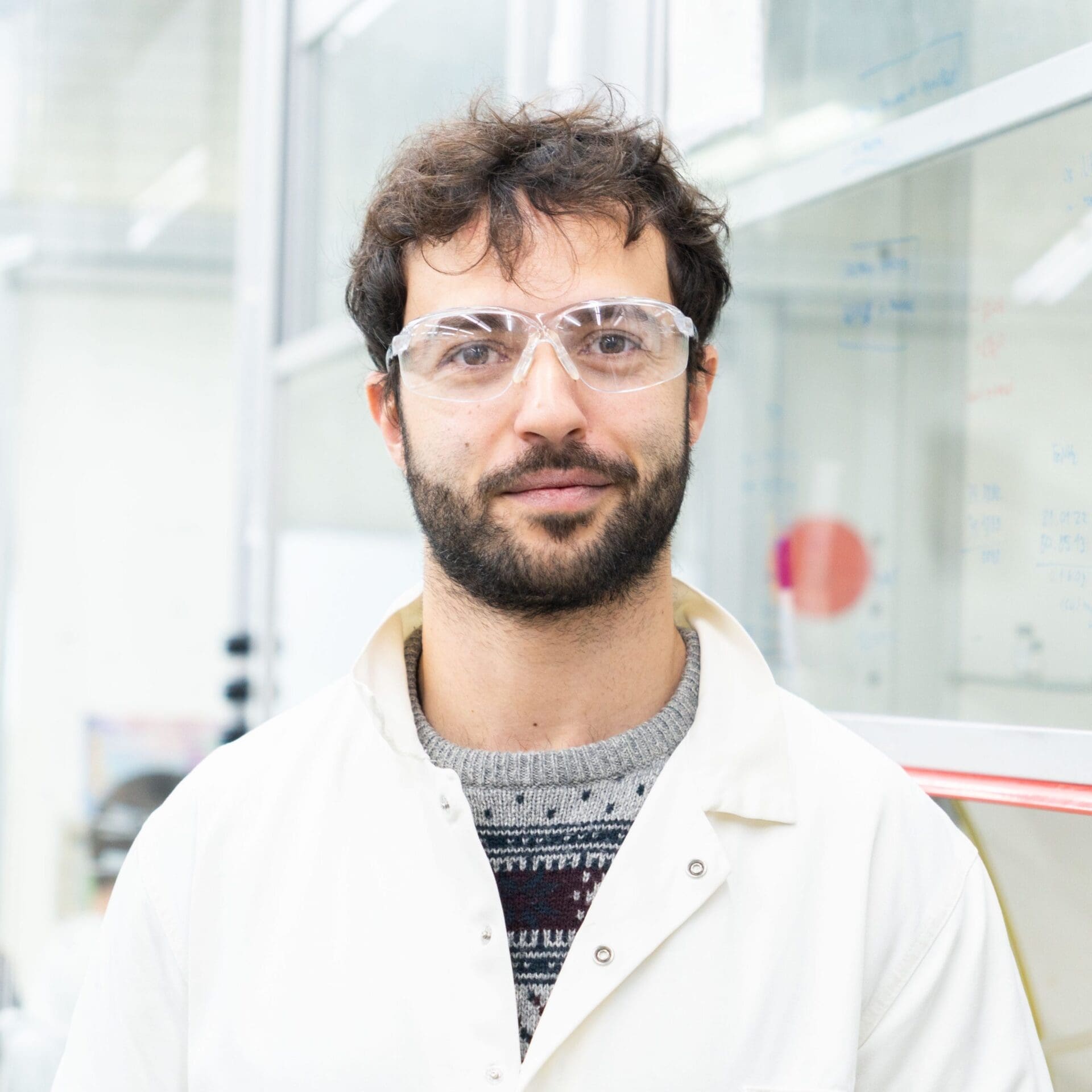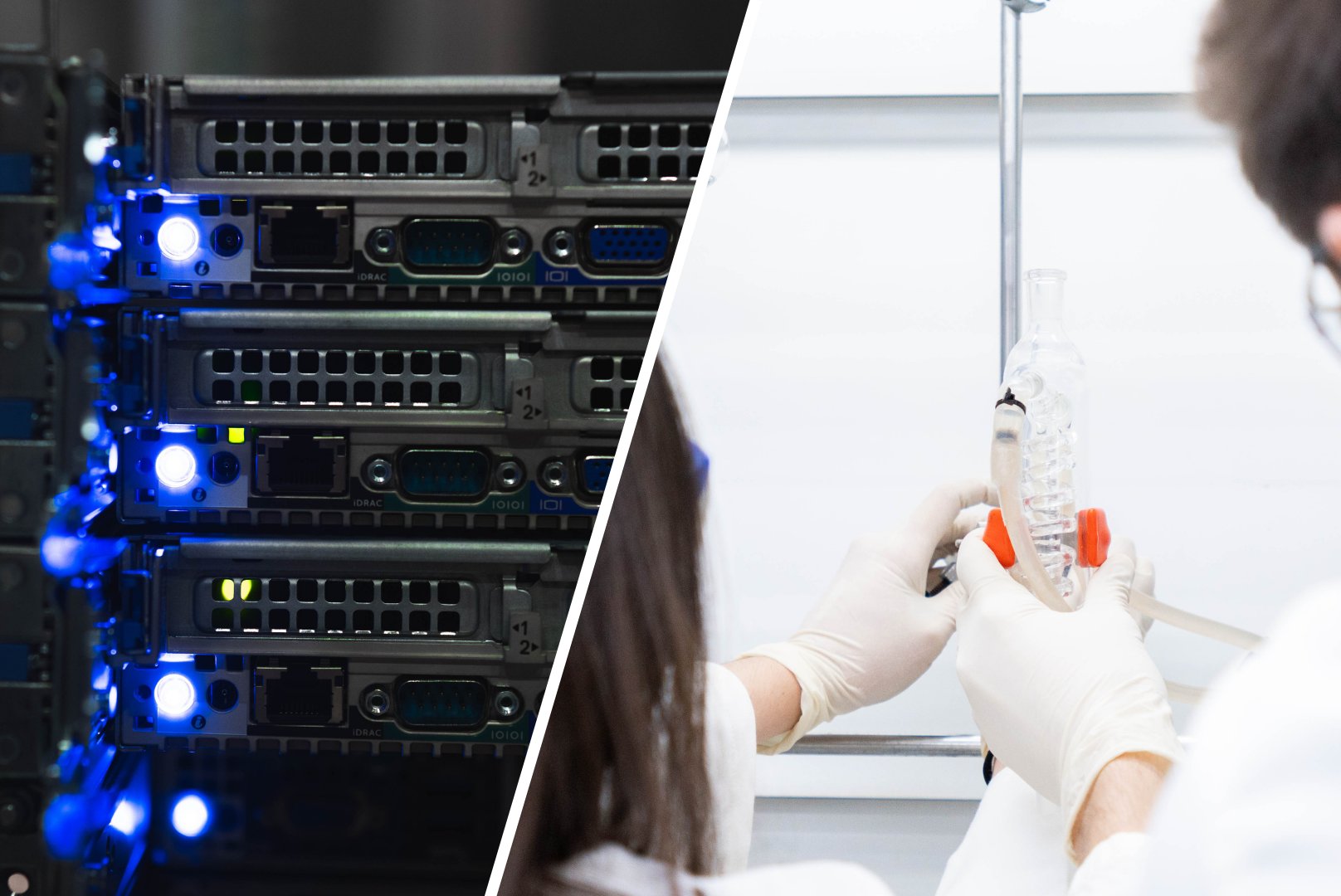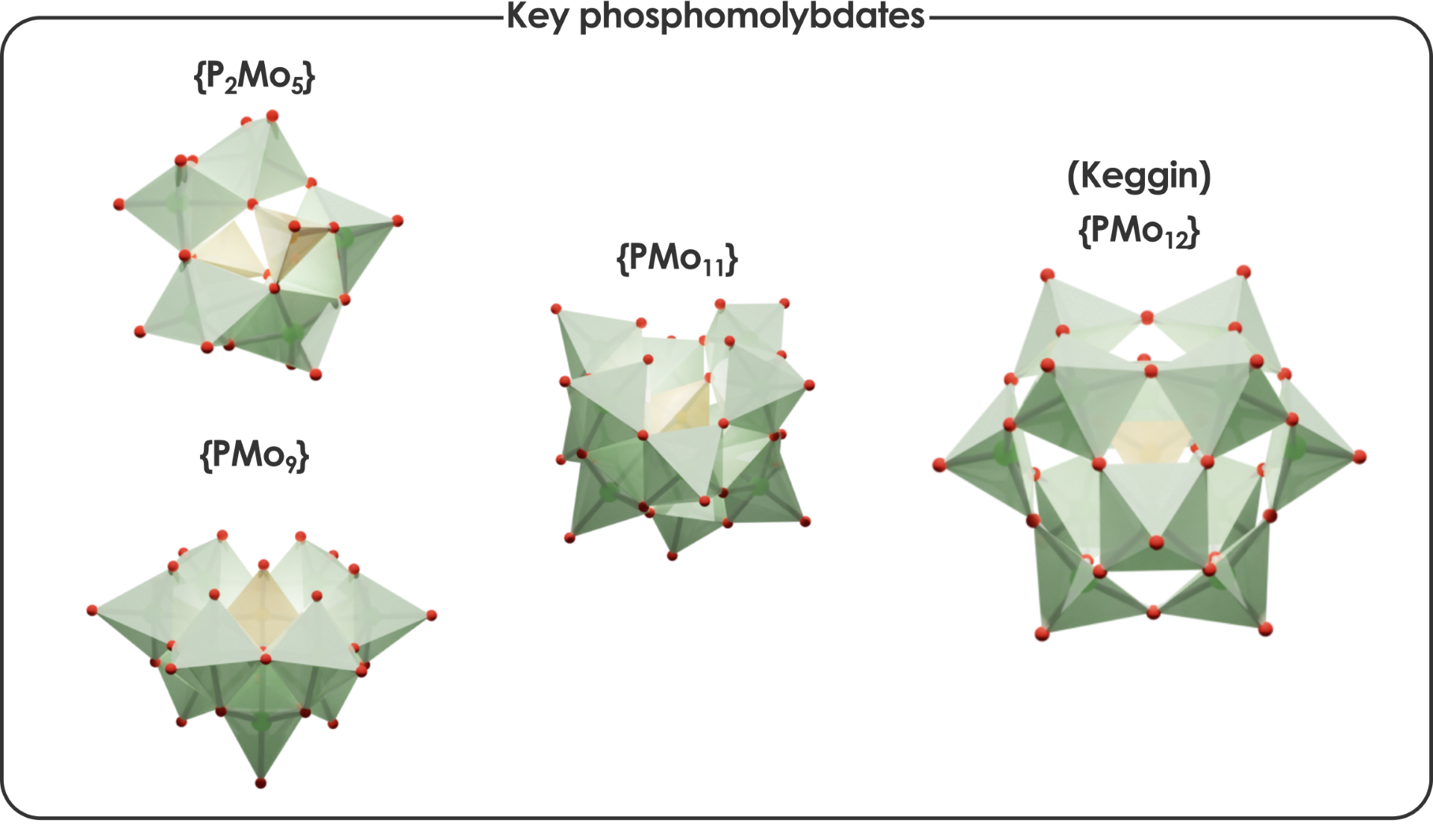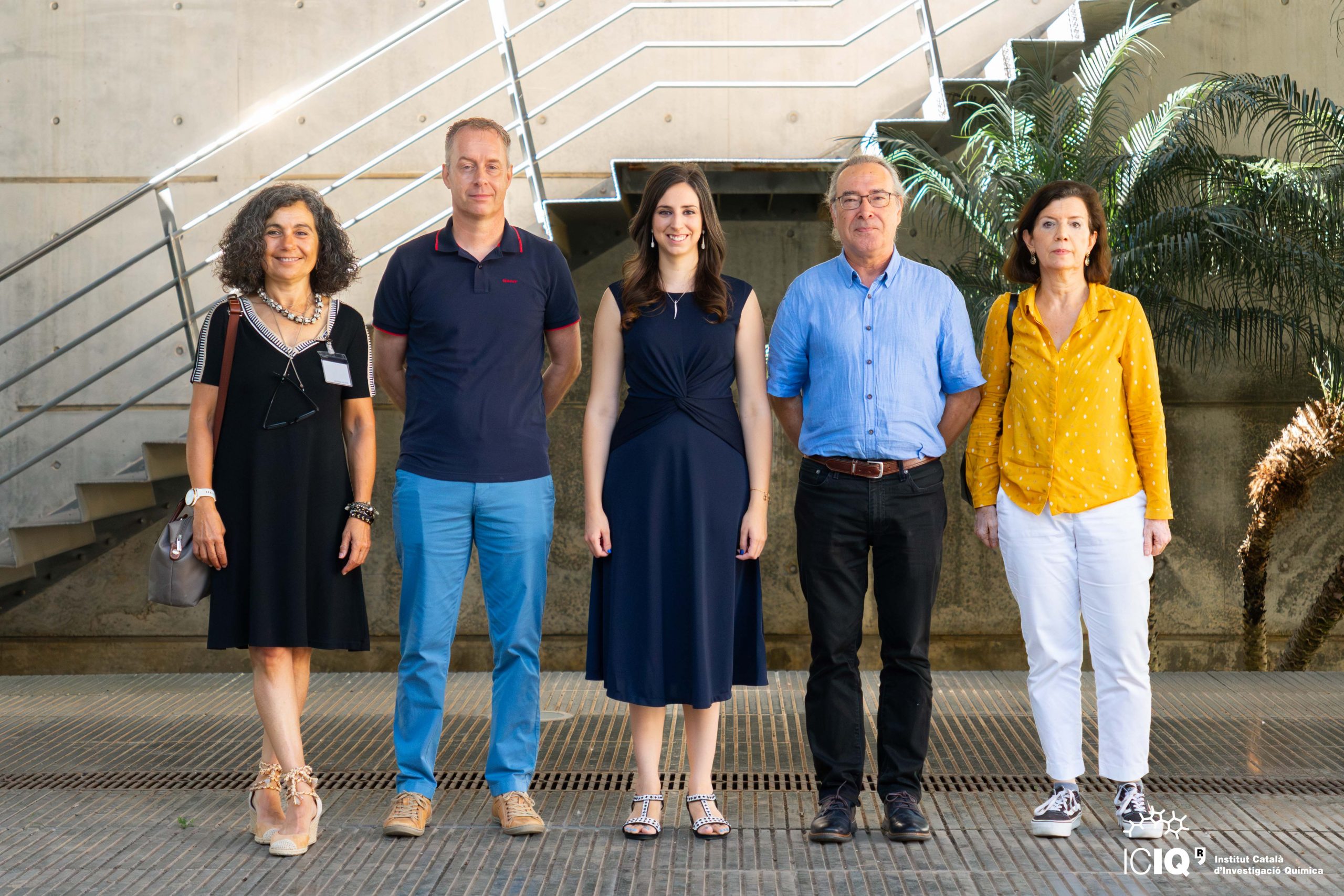Enhorabuena, Dr. Garay!
Diego Garay, PhD student under the supervision of Prof. Carles Bo (ICIQ), has defended his PhD thesis entitled “Unweaving Complex Reactivity: Graph-Based Tools to Handle Chemical Reaction Networks” (assigned to the Inorganic and Physical Chemistry Department of the Universitat Rovira i Virgili) publicly on February 10th.
The members of the evaluation committee were Prof. Antonio Largo Cabrerizo (Universidad de Valladolid, Spain), Prof. Sebastian Kozuch (Ben-Gurion University of the Negev, Israel) and Dr. Maria Besora Bonet (Universitat Rovira i Virgili, Spain).
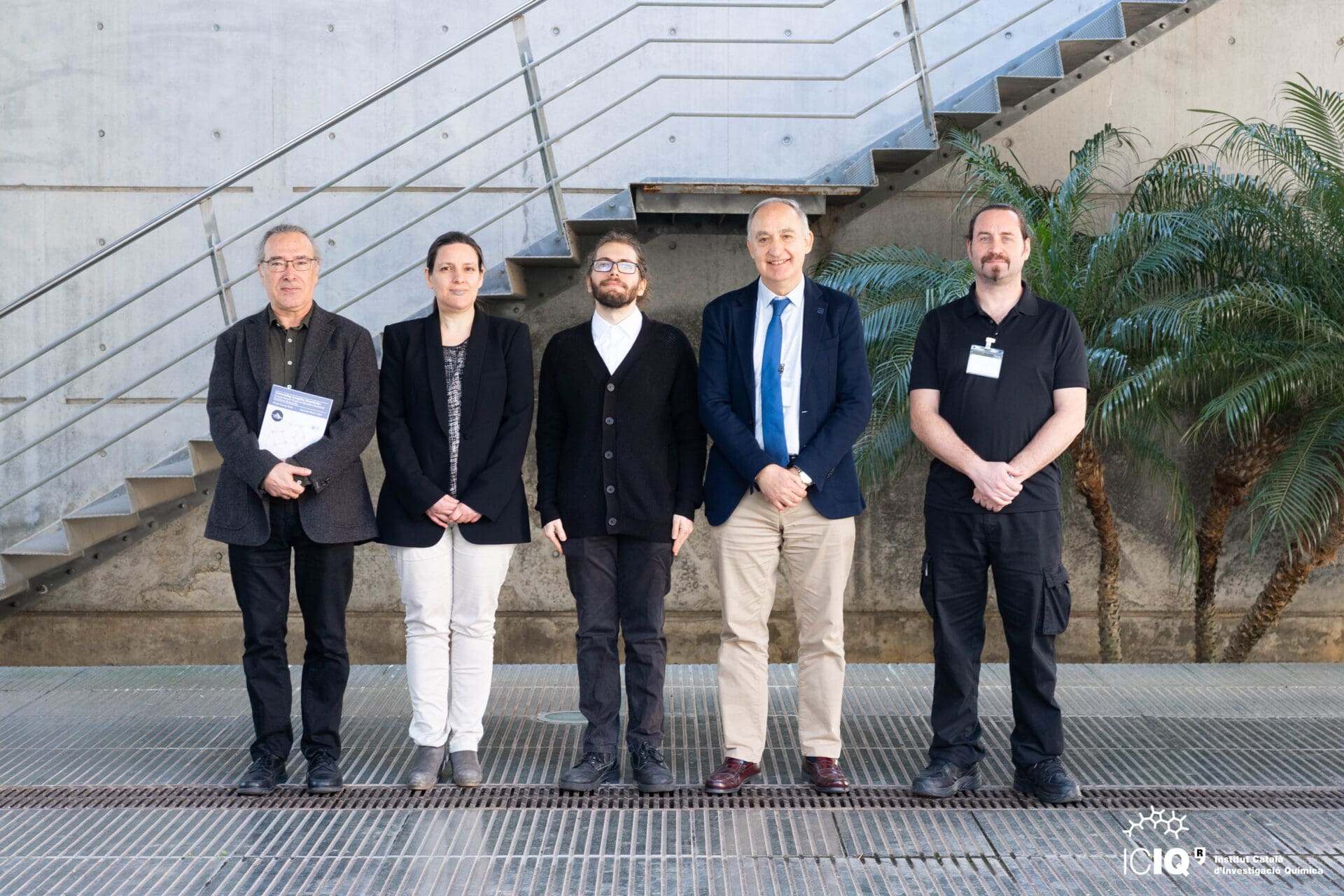
Dr. Garay with his thesis supervisor and the members of the evaluation committee.
Dr. Garay was born in Valladolid, but in his teen years he moved to Aranda de Duero (Burgos). He studied Chemistry at Universidad de Valladolid and then he did a master in computational modeling at Universitat de Barcelona.
About hobbies, he enjoys spending time with friends (which can go from playing cards while having homemade pizza to an afternoon of indoors climbing), although what he really likes is to go to concerts and festivals when possible.
Why did you become a scientist?
The most idealistic part would be because of being curious about how things worked, in general. On the other hand, it was also a pragmatic decision: chemistry was something appealing that I could study at a city I could afford to go to and that shall end up in having a job.
What do you want to achieve as a scientist?
I do not really have a super big goal or ambition: I think that being a scientist is an interesting job, and I like searching for problems to solve and eventually finding their solution, but not with any ultimate achievement in mind.
What is your thesis about?
Without getting too technical, it is mostly related to the development of tools to facilitate our understanding of complex reaction mechanisms generated with computational chemistry methods. As we employ more and more automated methods to perform simulations, we start to gather quantities of information that we cannot properly understand by just looking directly at the data as we do with more traditional studies. Therefore, I have been working with different approaches to put some automation also in this processing of data.
What triggered your interest for the subject of your thesis?
A combination of several things appearing throughout my academic career: at high school I was interested in how reactions worked, in my bachelor’s degree I liked computational chemistry, and in my master’s degree I found programming and Data Analysis and really got caught at them.
What applications can your thesis have in the future?
Indeed, I believe that the nicest part of science (or, at least, the part I like the most!) is the possibility of just aiming to understand better how things work, more about learning than about just looking for immediate and groundbreaking applications. I would like it if the projects I’ve done are useful for other scientists, but I’m not too worried about any big impact.
The thing that I like most about my thesis is…
Scientifically, having developed my own codes and using them to learn new things. In a more general way, I’m quite proud of some of the figures that appear in it.
From the lessons learnt (or skills developed) at ICIQ, which one do you value the most?
I have to say Python coding, although the patience acquired from waiting for editorial processes to go on seems also important.
What ICIQ moment you´ll never forget?
The first computational “calçotada” I attended back in 2019 was truly an experience, although the follow-up ones have also been really nice too.
What will you miss the most from ICIQ?
Sounds cliche, but the people and the work environment at the computational lab are amazing.
What do you wish you had known at the beginning of your PhD?
I wish I had already known how to use two of the most relevant tools I have used through the PhD: Emacs for all writing- and coding-related and Inkscape for all figure-related.
What advice do you have for someone who’s starting their PhD now?
In a general sense, don’t panic, and don’t overwork yourself. From my biased computational chemist perspective, don’t be afraid to code and especially don’t be afraid to write bad code at the beginning, it’s the only way to learn.
From your experience at ICIQ, what do you think we can improve?
The former canteen, which has now been transformed into a large dining room, could be improved and be more like the other kitchens in the institute: more microwave ovens considering the capacity of the room, some space to wash the dishes…
Have you ever been emotional over an experiment/simulation? Why?
Maybe not deeply emotional, but as a nervous person several calculations and PhD-related moments have switched quite a few times between stress and relief.
Who/What has been your biggest influence/motivation?
Having freedom to try new things and having such a good atmosphere in the lab have been really good motivating agents.
Where are you going next? What will you do there?
I’m staying at ICIQ as a postdoc in Carles’ group to keep on working with data organization and ontologies, which were the latest part of my thesis.
Chemistry/Science is fun because…
It allows you to play around with unsolved things just because you want to understand them, which is something I think is not so easy in the “outside world” which revolves more around profit.
What is your favourite molecule?
I’m divided between two: caffeine, because it has been a key part of the whole process of the PhD, and paradichlorobenzene, because it brings me several nice memories from my time at uni in Valladolid.
If you were a piece of lab equipment, what would you be?
I would be a box of color pens, because although I work with computers all the time I need to write and doodle in paper when I have to understand something new, and the colors absolutely make it more interesting.
Tell us something about you that people might not know…
At some point before coming to Tarragona I started to crochet and I find it very relaxing, although in the last year I haven’t had much time to improve.
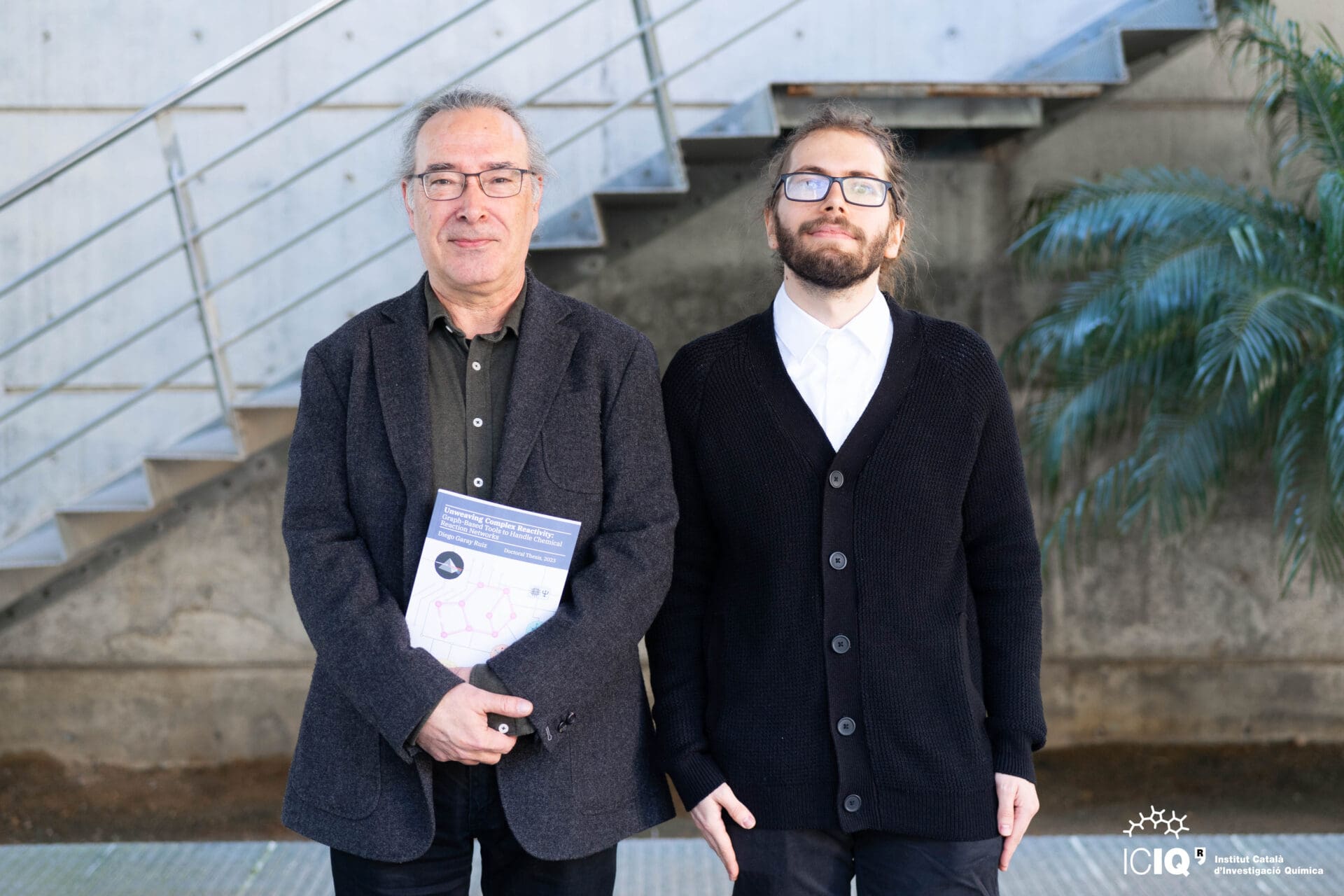
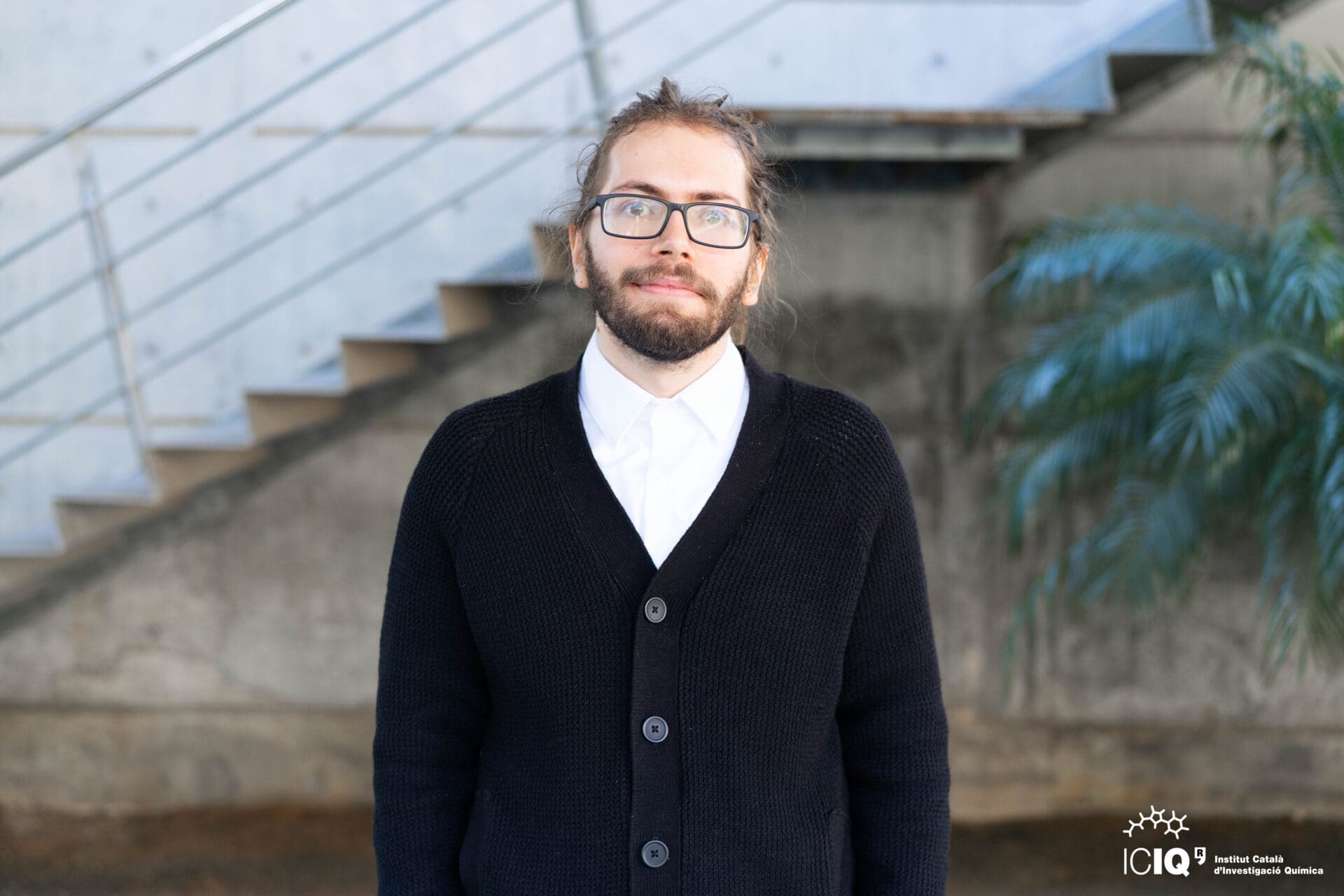
Related news

Let's create a brighter future
Join our team to work with renowned researchers, tackle groundbreaking
projects and contribute to meaningful scientific advancements





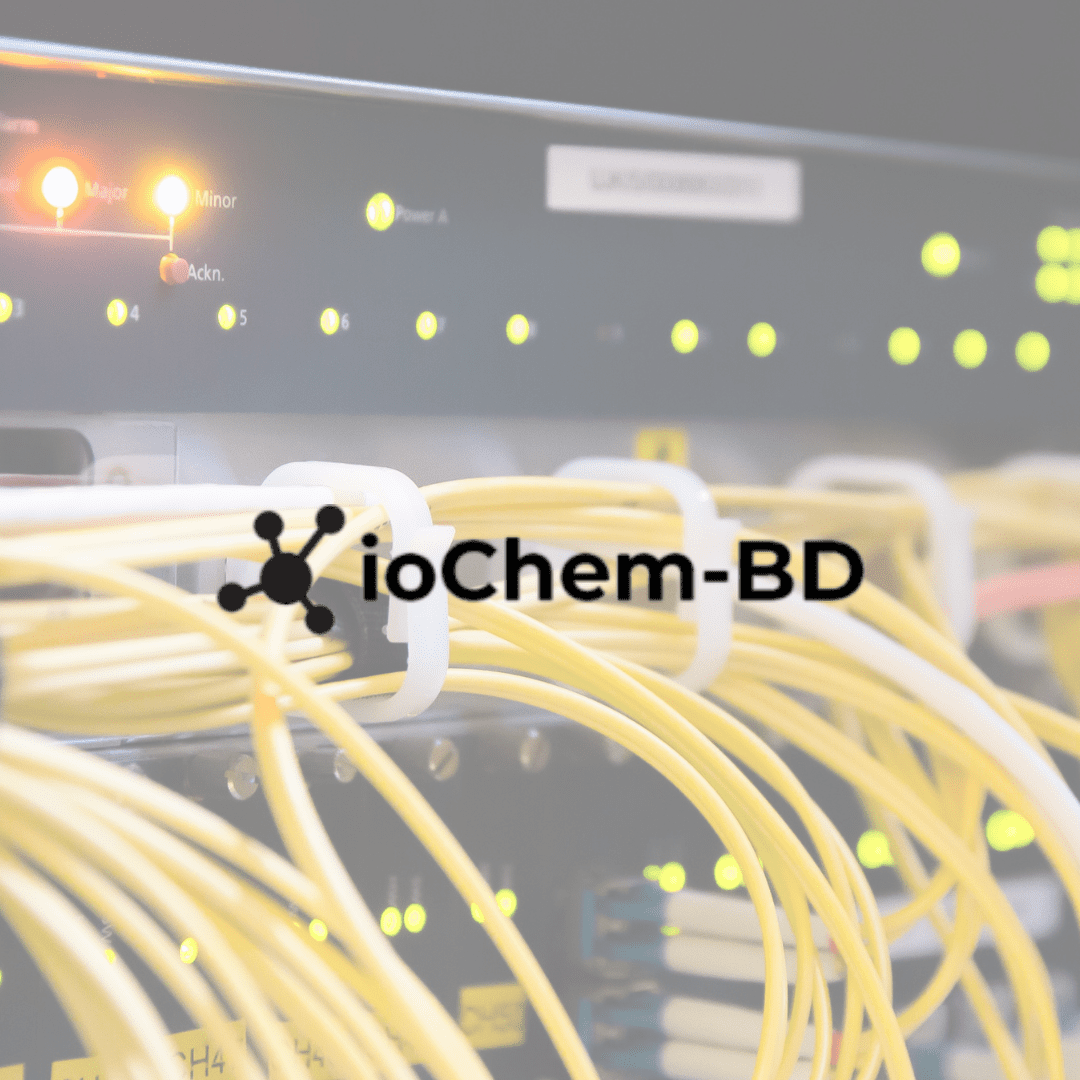
 22-01-2025
22-01-2025 